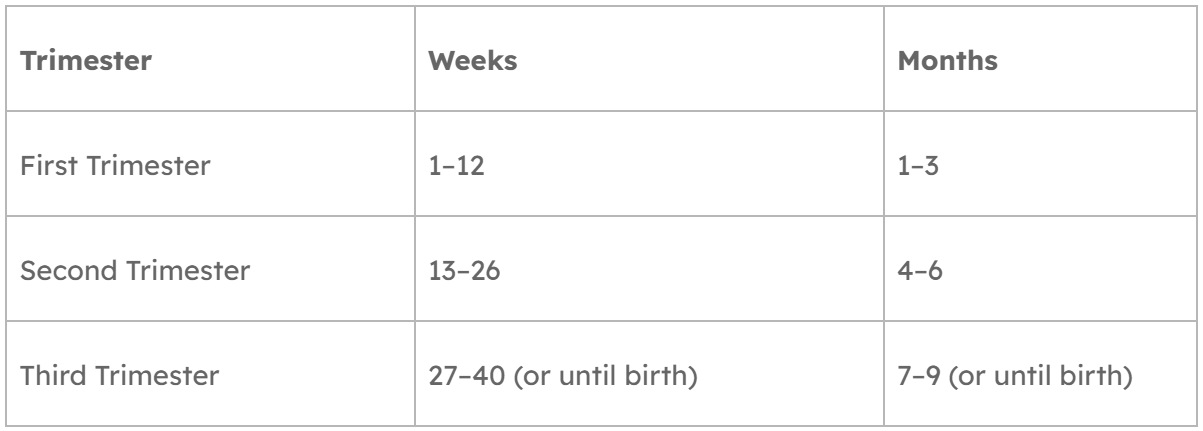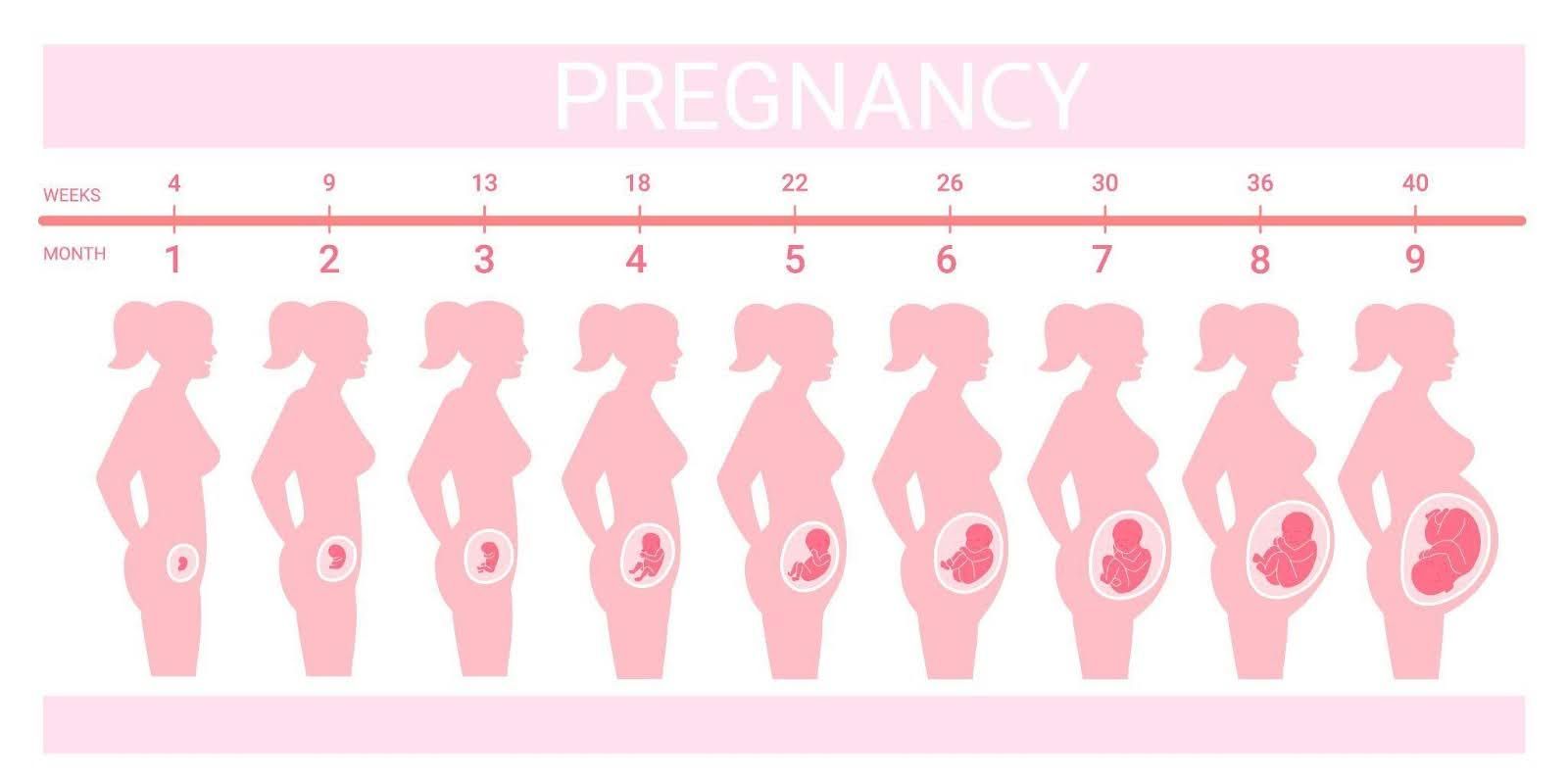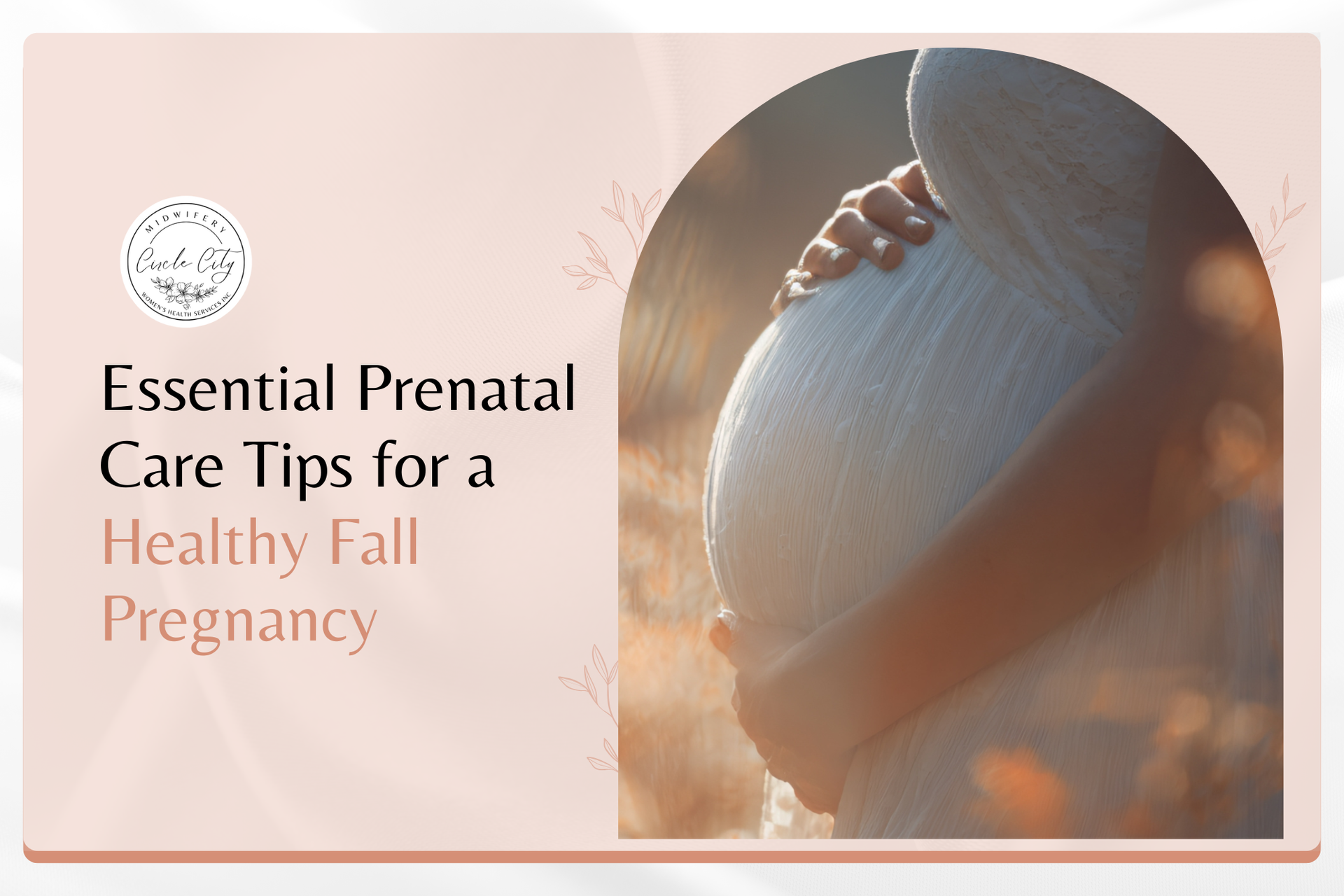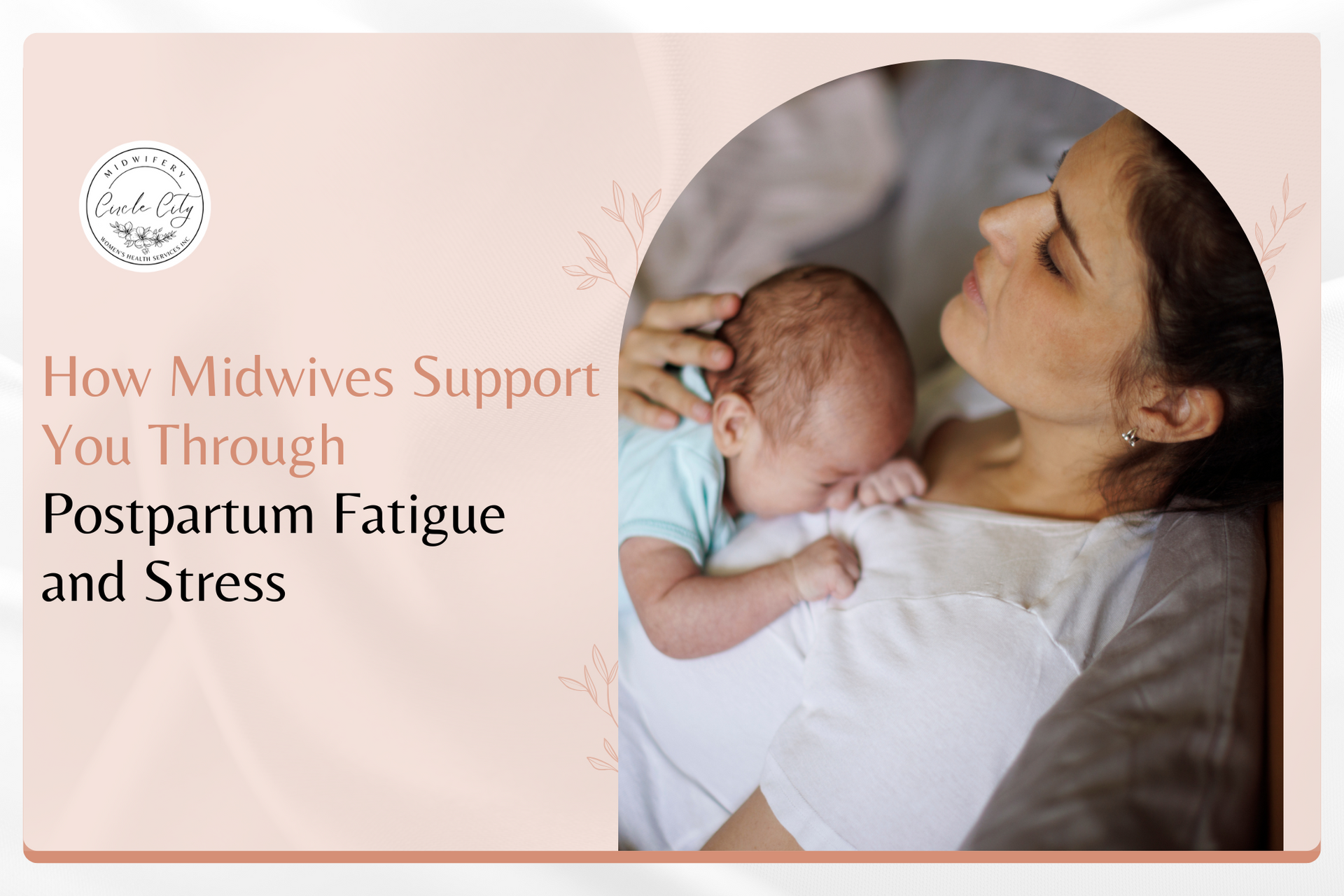FIRST TRIMESTER
Month 1
Many don't realize they're pregnant in the first month. The body starts to change, but symptoms can be mild. Early signs of pregnancy include nausea, missed periods, and fatigue. Upon confirmation of pregnancy, it's vital to initiate prenatal care and adopt a healthy lifestyle. Start taking prenatal vitamins, especially folic acid, to support your baby's neural tube development.
→
Baby’s Development: Key developments include the formation of the amniotic sac and the beginning stages of the placenta. By the end of the month, the embryo will have a heartbeat.
Month 2
As your body adjusts to pregnancy, hormonal changes can cause morning sickness, fatigue, breast tenderness, and frequent urination. To combat nausea, stay hydrated and eat small, frequent meals. Continue regular, mild exercise as approved by your midwife or healthcare provider.
→
Baby’s Development: The embryo starts to look more human. Eyes, ears, a mouth, and a tiny nose are beginning to develop. The foundations for the nervous system, organs, and muscles start to form.
Month 3
Morning sickness peaks for many, but energy levels may start to increase. You'll have your first-trimester ultrasound, typically around week 12, to see your baby for the first time. Your healthcare provider will assess the baby's growth and development. This month is also an excellent time to discuss prenatal screening tests with your midwife or healthcare provider.
→
Baby’s Development: The end of the
first trimester brings significant fetal development milestones. All major organs are formed and will continue to develop. The fetus has fully formed arms, hands, fingers, feet, and toes. They start moving, although it's too early for you to feel it.
SECOND TRIMESTER
Month 4
Welcome to the second trimester, often called the "honeymoon phase" of pregnancy due to decreased early symptoms. Expect an increase in appetite and energy. However, hormonal adjustments might change your skin, hair, and nails. It's common for hair and nails to break easily and for skin folds to darken.
Your baby bump becomes more noticeable, and you may feel the baby’s first movements, described as fluttering or bubbling sensations.
→
Baby’s Development: The fetus can suck its thumb, yawn, and make facial expressions. Their skeletal system starts to harden from cartilage to bone. The gender may be visible via ultrasound.
Month 5
The baby becomes more active, and you might feel movement as kicks and flips become stronger. Start talking and singing to your baby; they can hear you! Monitor your posture and consider prenatal yoga for flexibility and relaxation. You may also develop a dark line on the belly (linea nigra).
→
Baby’s Development: The baby's hair, including eyelashes and eyebrows, starts to grow. The respiratory system develops further, preparing the baby to breathe outside the womb. Your baby's senses also start to develop.
Month 6
The belly continues to grow, and movements become more pronounced. Physical discomforts like backaches and leg cramps become more prevalent, so look for ways to alleviate these symptoms through gentle exercise, proper posture, and supportive footwear. Prepare for glucose screening tests to identify
gestational diabetes. Choose a pediatrician and start gathering baby essentials.
→
Baby’s Development: Fat begins to deposit under the baby's skin, and the skin itself becomes less translucent. Their skin becomes reddish and wrinkled. The eyes begin to open, and the baby hears external sounds, possibly reacting to them.
THIRD TRIMESTER
Month 7
Your belly button may protrude. You may also experience
Braxton Hicks contractions as your body prepares for labor. It's crucial to monitor your baby's movements and your health. Finalize your birth plan and discuss it with your midwife or healthcare provider.
→
Baby’s Development: The fetus's eyes can open and close. Your baby may start to use their lungs.
Month 8
You might feel more uncomfortable as your body prepares for birth. Discomfort increases due to the baby's size. You might experience shortness of breath and more frequent urination. Pay attention to your body's signals.
Your prenatal visits will increase in frequency, focusing on monitoring the baby's position and your health. Awareness of the
signs of preterm labor
is crucial, as early intervention prevents premature birth.
Prepare your hospital bag and practice relaxation techniques to lessen stress and anxiety as the due date approaches.
→
Baby’s Development: The fetus gains weight and their brain continues to develop. The bones are fully developed but still soft. The fetus begins to move into a head-down position in preparation for birth.
Month 9
It's the final month! Start your countdown and get ready to meet your baby. Discomfort increases due to the baby's size. Rest when needed, but also move around regularly to improve circulation and reduce swelling.
You might experience shortness of breath and more frequent urination. Keep monitoring fetal movements. Report any significant changes to your midwife or healthcare provider. Watch for signs of labor, such as water breaking or consistent contractions.
→
Baby’s Development: The baby is ready for birth, with most systems fully developed.
First-Time Pregnancy Tips
Navigating a first-time pregnancy can be smoother and more enjoyable with the proper preparation and support. Follow these tips for a healthy pregnancy:
1. Lead a Healthy Lifestyle
Eat various lean proteins, dairy products, whole grains, fresh fruits, and vegetables. Avoid foods high in mercury and limit caffeine intake. Get ample rest and aim for 7–9 hours of sleep per night. Regular, moderate exercise like walking, swimming, or prenatal yoga reduces pregnancy discomforts and improves mood and sleep. Before starting any new exercise program, seek the advice of your healthcare provider.
2. Prepare for the Baby
Preparing for the baby's arrival goes beyond setting up the nursery. It involves educating yourself on childbirth and newborn care, budgeting for baby-related expenses, and discussing parenting roles and expectations with your partner. Consider enrolling in prenatal classes. These classes cover childbirth, breastfeeding, infant CPR, and newborn care, helping to alleviate fears and prepare both parents for what's to come.
3. Attend Prenatal Checkups
Regular prenatal checkups allow you to monitor your baby's health and development and address any concerns you may have. During these visits, your healthcare provider will:
- Track the Growth of Your Baby: See how much your baby has grown through physical exams and ultrasounds.
- Monitor Your Health: Check your blood pressure, test for gestational diabetes, and other health indicators.
- Discuss Symptoms: Address any discomforts or symptoms you're experiencing.
- Provide Comprehensive Pregnancy Guide: Offer advice on nutrition, activity, and childbirth preparation.
4. Work with Certified Nurse Midwives
Midwives offer care during pregnancy, childbirth, and postpartum. They provide a more personalized and holistic approach to prenatal care, labor, and delivery. They focus on minimizing unnecessary interventions while ensuring the safety and well-being of both mother and baby. Consider exploring a midwifery service if you want a less medicalized birth experience.
5. Create a Birth Plan
A birth plan is a document outlining your preferences for labor and delivery. It can include your wishes regarding pain management, labor positions, who you want present during the birth, and how you'd like to bond with your baby immediately after delivery.
While it's important to remain flexible, as circumstances can change, having a birth plan ensures that your healthcare team is aware of your desired birth experience. A midwife can help you make your birth plan.
Must-Haves for Pregnancy
Gather essential items to make your nine months of pregnancy healthier and more comfortable. Here are some of the things that should be part of your pregnancy prep:
- Maternity wear, such as pants with adjustable waistbands, stretchy maternity leggings, and breathable dresses
- Supportive footwear with a good grip arch support that is easy to put on (consider slip-ons)
- Full-body pregnancy pillow to support your back, hips, knees, neck, and stomach
- Prenatal vitamins that contain iron, folic acid, calcium, and DHA
- Healthy snacks on hand like fruits, nuts, yogurt, and whole-grain crackers
- Reusable water bottle to keep hydrated
- Fitness gear, such as exercise for pregnancy-safe workouts
- Support belt for your belly and to alleviate lower back pain
- An app or journal to track your pregnancy milestones, appointments, and daily water intake
Compassionate & Expert Midwifery & Women’s Health Services
As you navigate this incredible journey, remember that you're not alone. Our team of Certified Nurse Midwives (CNMs) at Circle City Midwifery is here to provide you with the compassionate care, support, and guidance you deserve.
We believe in a holistic approach to pregnancy, childbirth, and postpartum care, emphasizing the importance of personal choices and informed consent. Whether you're seeking a less medicalized birth experience or want the assurance of having a knowledgeable and caring professional by your side, we're here to support you every step of the way.
For more information on our midwifery and women’s health care services, fill out our
online form or call 951-547-4208.




